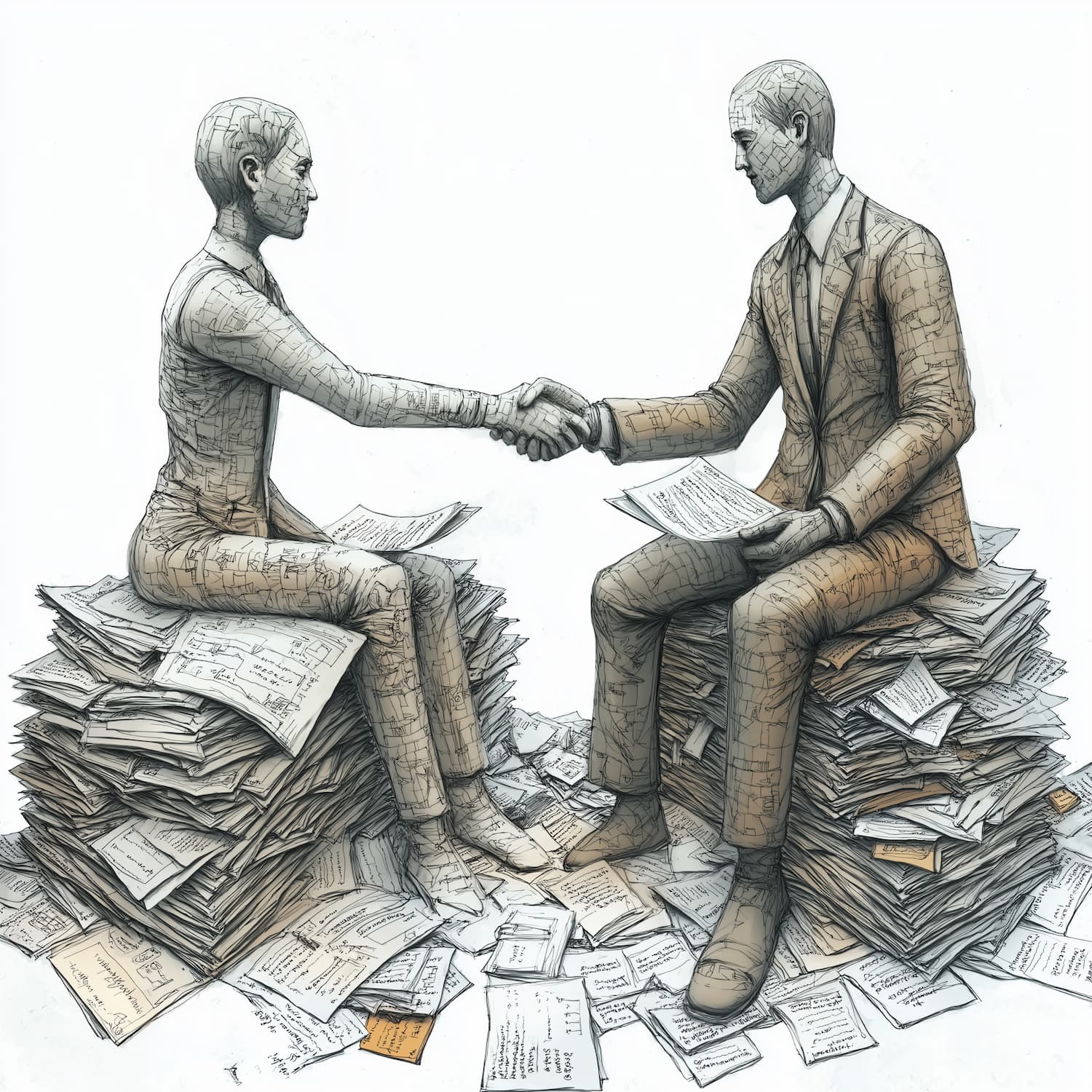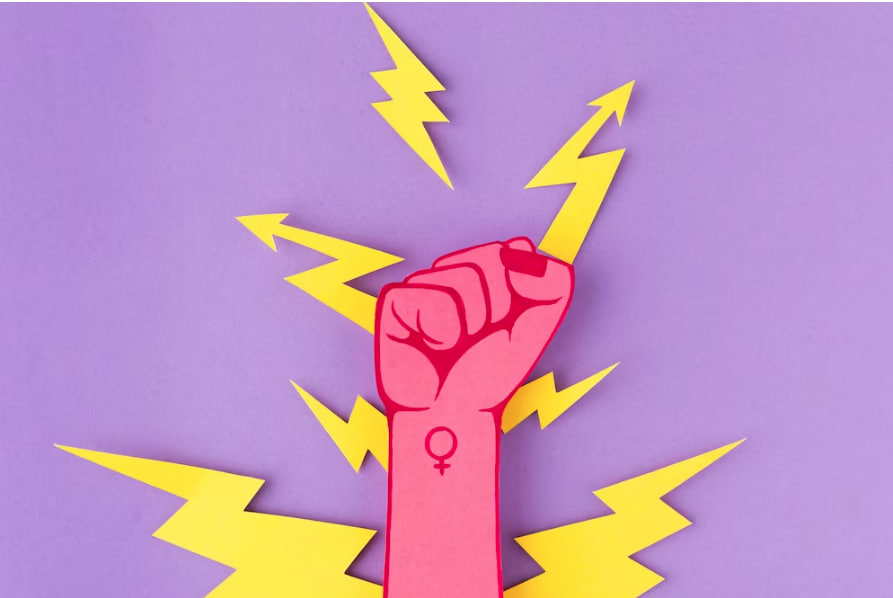Literature has long been a powerful tool capable of changing public sentiment and drawing attention to humanity’s most pressing issues. This is especially true in the context of the fight for human rights, where words become weapons and books serve as catalysts for change. Through literature, writers can not only tell stories but also influence the minds of millions of people, encouraging them to take action. It is important to note that, even as people visit websites like casinosapostas.com, which feature various gaming platforms, in the age of digital technologies, books remain an indispensable source of inspiration and understanding of truth, justice, and freedom.
The Influence of Literature on Society
For a long time, literature has been recognized not only as a means of education and entertainment but also as a powerful tool in the fight for human rights. Since the earliest days of printed words, books have influenced social, political, and cultural processes. They don’t just tell stories; they provoke thought, open new horizons for understanding truth, justice, and equality. At certain historical moments, literature became a real weapon in the hands of those who sought to change the world, fight injustice, and protect human rights. Even in the world of modern technology, where online entertainment, including online casinos, attracts attention, books remain an important cultural and social legacy.
The Historical Significance of Literature in the Fight for Human Rights
Every major historical movement for human rights has been linked to literary works. Great examples include the works of Martin Luther King, Nelson Mandela, or Victor Hugo, which have become symbols of the fight for freedom, equality, and justice. Books not only documented the suffering of people but also showed paths to liberation, becoming a source of inspiration for millions. For example, works about slavery, such as “Uncle Tom’s Cabin” by Harriet Beecher Stowe, played a crucial role in creating social resonance and accelerating the movement to abolish slavery in the U.S.
Many authors, when publishing their works, risked not only their property and reputation but also their lives. In the Soviet Union, where freedom of speech was restricted, literature became a channel for transmitting thoughts that could not be voiced aloud. Writers such as Alexander Solzhenitsyn and Andrei Sinyavsky used their works to expose the reality of totalitarian regimes and draw attention to human rights violations. Their works became not only literary heritage but also important political acts.
The Role of Literature in Modern Movements for Human Rights
Today, in the context of globalization and the development of information technologies, literature remains an important tool in the fight for human rights. Despite the variety of formats, including online entertainment, social networks, and gaming platforms, books retain their significance. In the modern world, where new ways of communication and entertainment emerge daily, literature continues to have a significant impact on public opinion and the shaping of consciousness.
Many contemporary writers are actively involved in social movements. Books give voice to those whose rights are violated, not only in the political sphere. Today, literature draws attention to issues such as ecology, women’s rights, LGBTQ rights, and the rights of migrants. For instance, works addressing women’s rights in developing countries help open eyes to pressing issues and become a source of change. “Malala” by Malala Yousafzai became an important book focusing on girls’ education in countries where it is denied.
Literature as a Form of Resistance
One important aspect of literature as a tool of struggle is its ability to become a form of resistance. In countries with authoritarian regimes, where freedom of speech is limited, books become the only way to deliver the truth to the world. When journalism and media cannot operate openly, literature becomes the weapon that can make authorities reconsider their actions. Books can serve as a kind of manifesto, a call to action, and at the same time, a source of hope for those suffering from repression.
Literature allows us to open our eyes to the cruelties and injustices that are often hidden from the world. Books are capable of telling real stories, sharing experiences that cannot be conveyed through ordinary news or TV reports. This is especially important in an age when information can be manipulated, and reality is sometimes distorted.
Literature as a Way of Changing Perception
Literature helps not only to draw attention to problems but also to change the perception of reality. It not only shapes public opinion but also contributes to the formation of values that promote the protection of human rights. Books can encourage deeper reflection and inspire action. This is especially important in modern conditions when people are faced with a constant flow of information, and many may lose the ability to critically perceive what is happening around them.
Through literature, it is possible to change attitudes toward certain phenomena, establish new norms and standards. Examples include books that highlight the importance of tolerance, inclusivity, and respect for differences. In the end, literature becomes the foundation upon which more just societies are built, where the rights of every person are valued.
Conclusion
Literature remains an important tool in the fight for human rights. In a world where technology and online entertainment occupy a significant place, books continue to play a role in shaping society. They remain an unwavering source of inspiration, resistance, and transformation. Literature allows people to realize their role in the world and begin the fight for freedom, equality, and rights for all.


